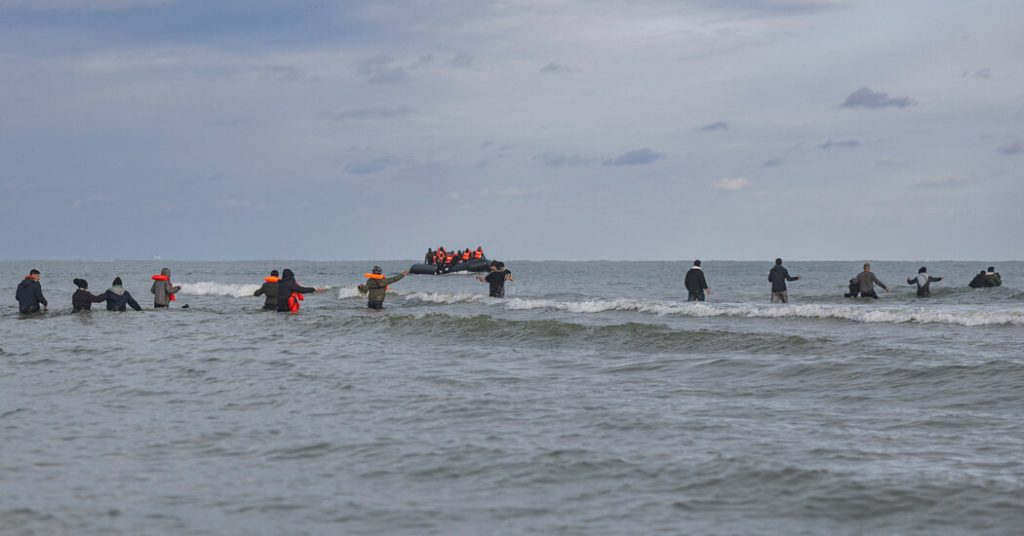Britain passed a controversial law called the Safety of Rwanda Act, which defines Rwanda as a “safe” country despite evidence to the contrary, in order to deport asylum seekers to Rwanda. This policy has faced legal challenges due to concerns about Rwanda’s safety and its ability to accommodate asylum seekers at scale. Prime Minister Boris Johnson had announced a deal with Rwanda to deport asylum seekers, but it was delayed by legal challenges and condemned by human rights groups and the UN refugee agency. The policy was eventually deemed unlawful by Britain’s highest court due to concerns about the safety of deportees.
The current Prime Minister, Rishi Sunak, aims to revive the Rwanda deportation policy as a way to show political strength and competence. With the Conservative Party polling behind Labour, Sunak is facing pressure from his party’s right to deliver on immigration control promises. The policy is seen as a politically useful tool to boost Sunak’s image and potentially gain support ahead of a general election. However, doubts remain about the effectiveness of the policy and concerns about its ethical implications and the treatment of vulnerable asylum seekers.
The news of a failed asylum seeker being given funds to fly to Rwanda coincided with local elections in England, raising suspicions of cynicism and political manipulation. The Home Office released videos of dawn raids and detained migrants ahead of potential flights to Rwanda, highlighting the real impact of the policy on individuals seeking asylum in Britain. The policy has sparked public debate and concerns about the treatment of asylum seekers and the lack of safe routes to asylum in the UK and globally.
The global issue of displaced people seeking safety and security is exacerbated by policies like the Rwanda deportation plan, which prioritize deterrence over providing support and protection to refugees. Britain’s approach to asylum policy has been criticized for its punitive measures and lack of compassion towards vulnerable individuals seeking safety. The British public’s response to the policy remains divided, with some supporting the concept but doubting its feasibility and ethical implications.
As governments grapple with the challenge of providing safe and secure asylum routes, the focus on deterrence rather than support continues to be a prevailing approach. The need for international cooperation and support for refugees is crucial in addressing the root causes of displacement and ensuring the protection of vulnerable individuals. The Rwanda deportation policy reflects a broader trend of punitive measures towards asylum seekers, highlighting the need for a more compassionate and effective approach to refugee protection.














